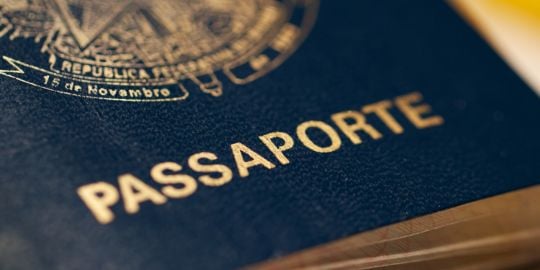Expat death in Brazil

Death can be a difficult subject to deal with, but there comes a time when we have to confront the idea of either our own and/or our loved ones? departure from life. You might have made a home in Brazil, but it can still be daunting to navigate death in a country away from home. This article details key things you should know regarding death in Brazil.
Death of a loved one
Should you need to deal with the death of a loved one, there are several steps you need to take.
Issuing of the Death Certificate
First of all, you'll need a Certidão de Óbito (death certificate). A doctor can issue one if your loved one's died in a hospital. They can also issue it if your loved one died in your home and the doctor was present. Otherwise, you'll need to call a doctor to come issue a death certificate. On this death certificate, it'll list the person's name, age, nationality, date, time and location of death, cause of death, the deceased's parents, and the name of the doctor issuing the death certificate. They'll also include the proposed date of registration for the person's death, as well as the location for the burial or cremation.
Registering your loved one's death
It might be challenging to think of doing, but you need to register your loved one's death promptly. Brazilian law mandates that you need to register all deaths within 24 hours. The only exception is if the death happened on a weekend. In that case, you should register Monday morning.
To do this, you'll need to go to the Cartório de Registro Civil (Civil Registry Office). There's no charge for registering your loved one's death. Bring the death certificate, as well as the deceased's ID and social security document, as well as some other evidence like property and possessions, just in case you're asked for them.
Funerals
While there's a time limit for registering a death, there's none for funeral arrangements. However, Brazilians traditionally bury their dead within 12 hours of death. They also usually have a plot or tomb for family members to be buried in. If this is the case for the deceased, then you need to show evidence to the cemetery authorities, as well as the federal police.
You should check to see if your loved one has a Declaração de Último Vontade (final wishes). This will tell you if they wished to be buried or cremated, as well as any other things they might have wanted done after their death.
Repatriating after death
If your loved one wants to repatriate their remains, or you wish to do so, then several things need to be done.
First, you'll need to contact the country's consulate, as every nation will have its own laws on repatriating remains. They'll usually send someone to accompany you or your family. This person needs to be present for the sealing of the coffin if the remains are to be sent back this way.









